Iraqi forces fighting all out to free Mosul from IS
Updated: 2016-10-18 10:14
(Xinhua)
|
||||||||
A conflict of Sunni Arabs against Shiite Hashd Shaabi units, or against Peshmerga, as both Shiites and Kurds have fought the IS group which captured the Sunni areas. Many Sunnis are taking part with the Kurds and Shiites in defeating IS militants from the Sunni towns and villages, Dulaimi said.
However, there are reports of abuses by Shiites and Kurds against the Sunni communities they liberated from IS. Such abuses included forced displacement of Sunnis from their homes and mass detentions of Sunni men and sometimes killing over sectarian motives.
"With the absence of real reconciliation efforts by the Iraqi government, such abuses could ignite Sunni insurgency," Dulaimi concluded.
Another complicated conflict could erupt with the presence of the Turkish forces in Baqshiqa military camp, some 30 km north of Mosul, training Sunni fighters and Kurdish Peshmerga, preparing them for the main battle to free Mosul, Dulaimi said.
The presence of Turkish troops sparked a political row as Baghdad government has called them "occupying forces" that could trigger a "regional war." Both Baghdad and Ankara have summoned the ambassadors of each other to express condemnation of other side.
Ankara overtly rejects the participation of Shiite Hashd Shaabi units, fearing of possible "forceful change in the demographic composition of the region, according to Dulaimi.
"Driving IS out of Mosul and other areas in northern Iraq with the persistence of tension between Arabs and Kurds around a liberated Mosul will create ethnic problems that may be as serious as the sectarian ones between Sunnis and Shiites, as well as spill over into Kurdish areas in Turkey and Syria," Dulaimi added.
Eventually, bringing back peace to Mosul needs hard work, it is even more important than the necessary military action. The city once was home to a complex mosaic of tribes and ethnic groups, but since IS took over the city; the group planted the seeds of hatred and division.
"IS militants have created profound wounds across the society and within families. The situation in post-IS Mosul won't be rosy as people in the liberated city will quickly go into recrimination, revenge and sectarian strife," Dulaimi warned.
The Iraqi government, the international coalition and the United Nations Assistance Mission for Iraq (UNAMI) will have the duty to pursue long-term engagement strategy with a greater focus on national reconciliation could consolidate the peace and co-existence among Iraqi factions and Mosul and other parts of Iraq, according to Dulaimi.
"This is not an imagination or wishes, because the Iraqi factions, regional countries and the international community have the interest to bring peace and dry up the resources of terrorism," Dulaimi concluded.
On the other hand, the United Nations and aid agencies expected a human catastrophe with up to 1.5 million people could be displaced or in need for aid in Nineveh province when an offensive is launched to retake Mosul from IS militants.
The UN Office for the Coordination of Humanitarian Affairs (OCHA), said in recent report that it is expecting 200,000 people to flee in the first few days of an attack to retake the city, but says the worst case scenario could be up to 700,000 people. Up to 1.5 million people in the city could be in need of aid.
Currently, agencies on the ground have supplies for about 100,000 of the estimated 200,000 people who will initially need help. "It's a race against the clock now," said Lise Grande, the UN's humanitarian coordinator in Iraq.
Mosul, some 400 km north of the Iraqi capital of Baghdad, has been under IS control since June 2014, when Iraqi government forces abandoned their weapons and fled, enabling IS militants to take control of parts of Iraq's northern and western regions.
- Prominent IS figure killed in US-led air strike in northern Iraq
- Iraqi forces begin major offensive to retake Mosul from IS group
- 'The social responsibility of enterprise is critical'
- In battle for Mosul, many forces driven by dozens of motives
- IS under pressure as troops advance on Palmyra and Mosul
- Iraq's PM hails key victory in Ramadi, vows to free Mosul from IS
- Turkey says to keep up military support for Iraq until Mosul is freed from IS
- Flying club offers bird's-eye view of Pyongyang
- Greeks rally against labor reforms
- New poll shows Clinton's double-digit lead over Trump
- Iraqi forces fighting all out to free Mosul from IS
- Iraqi forces begin major offensive to retake Mosul from IS group
- Thai PM reassures on smooth succession; coronation after king's funeral
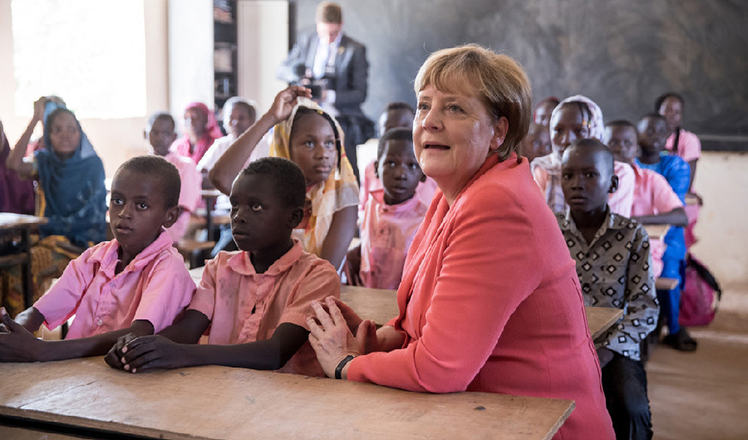
 World in photos: Oct 10 - 16
World in photos: Oct 10 - 16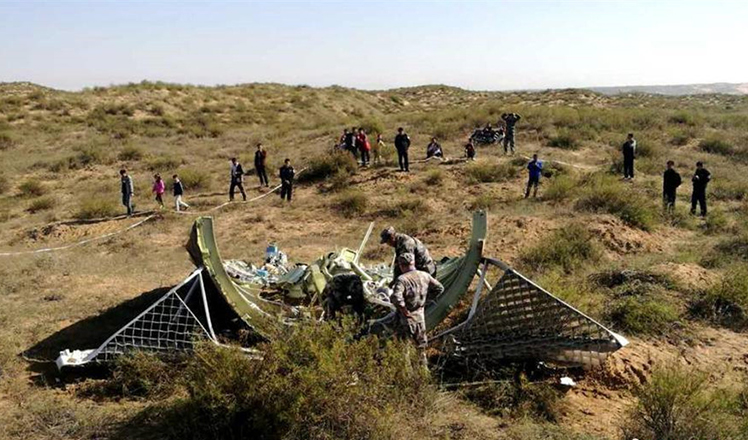
 Fairing fragments of Shenzhou XI found in Shaanxi
Fairing fragments of Shenzhou XI found in Shaanxi
 Feast for the eyes: Photo Beijing 2016
Feast for the eyes: Photo Beijing 2016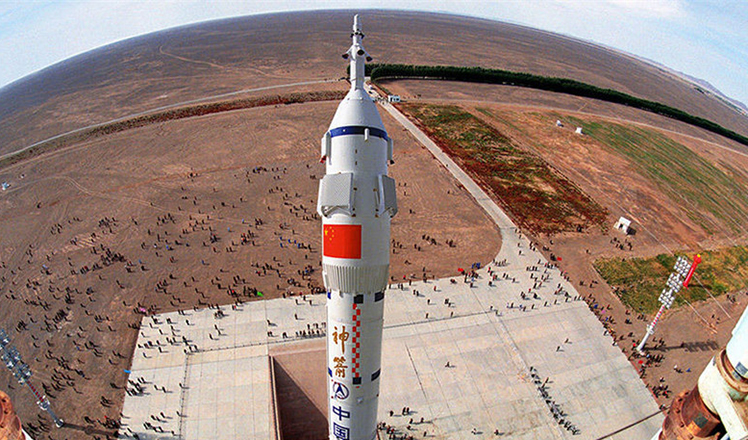
 China's Shenzhou spaceship: A proud family
China's Shenzhou spaceship: A proud family
 Journeys toward prosperity
Journeys toward prosperity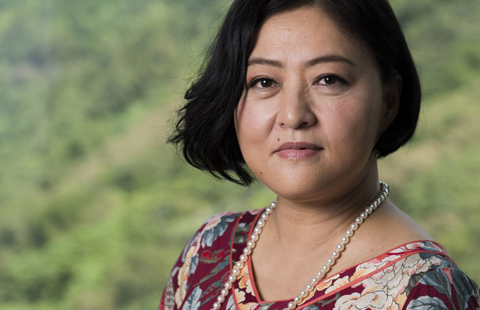
 Female investors rise to top of venture capital companies
Female investors rise to top of venture capital companies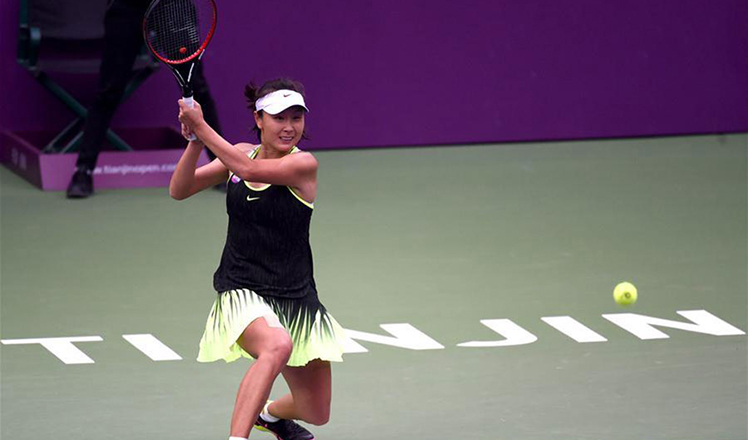
 Peng Shuai claims title of women's singles at WTA Tianjin Open
Peng Shuai claims title of women's singles at WTA Tianjin Open
 Birthday celebration held for panda cubs at Toronto Zoo
Birthday celebration held for panda cubs at Toronto Zoo
Most Viewed
Editor's Picks

|

|

|

|

|

|
Today's Top News
'Zero Hunger Run' held in Rome
Trump outlines anti-terror plan, proposing extreme vetting for immigrants
Phelps puts spotlight on cupping
US launches airstrikes against IS targets in Libya's Sirte
Ministry slams US-Korean THAAD deployment
Two police officers shot at protest in Dallas
Abe's blame game reveals his policies failing to get results
Ending wildlife trafficking must be policy priority in Asia
US Weekly

|

|







